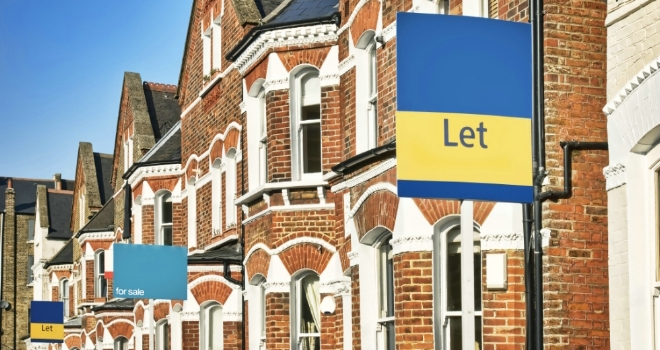
Recent amendments to the Act will have numerous implications for landlords.
Section 11 states that a landlord must ‘keep in repair, the structure and exterior of the dwelling house’ as well as any area of the building that a landlord has an ‘estate or interest.’
There has often been the assumption that landlords are only required to maintain the interior of the property they are letting. However, landlords should keep in mind, particularly those who let out flats, that outside areas could also be their responsibility.
Entrance areas to buildings, pathways, parking areas and stairwells could all be the responsibility of landlords, depending on whether these areas provide access to the property being let.
If they do, technically landlords have an estate or interest in these areas and thus the obligation to repair any damage lies with them.
Steve Jones, Director of Rentguard Insurance: “With this increased level of responsibility, landlords will be under added pressure to ensure that they are providing a safe and secure environment for their tenants,”
Not only do the changes in legislation push greater responsibility on to landlords, they also pose a serious risk. Landlords now face being sued for not carrying out repairs around a property despite not owning the damaged area.
In addition, landlords of flats should be aware that management companies might not necessarily be liable for defects outside a block of flats and the responsibility could instead be theirs.
Jones added: “The main aspects that landlords need to consider are hazardous defects that can cause injuries to tenants, such as damaged areas that can lead to people tripping or slipping. The revision of section 11 implies that landlords will need to liaise with ‘superior landlords’ and those responsible for common areas in order to ensure that defects are repaired quickly and a high level of safety is maintained.”
Landlords must protect themselves as tenants are not obligated to report disrepair and one of the best ways to do this is to have the right insurance. Rentguard provides insurance that also covers areas such as gardens and garages, including those on nearby sites”





